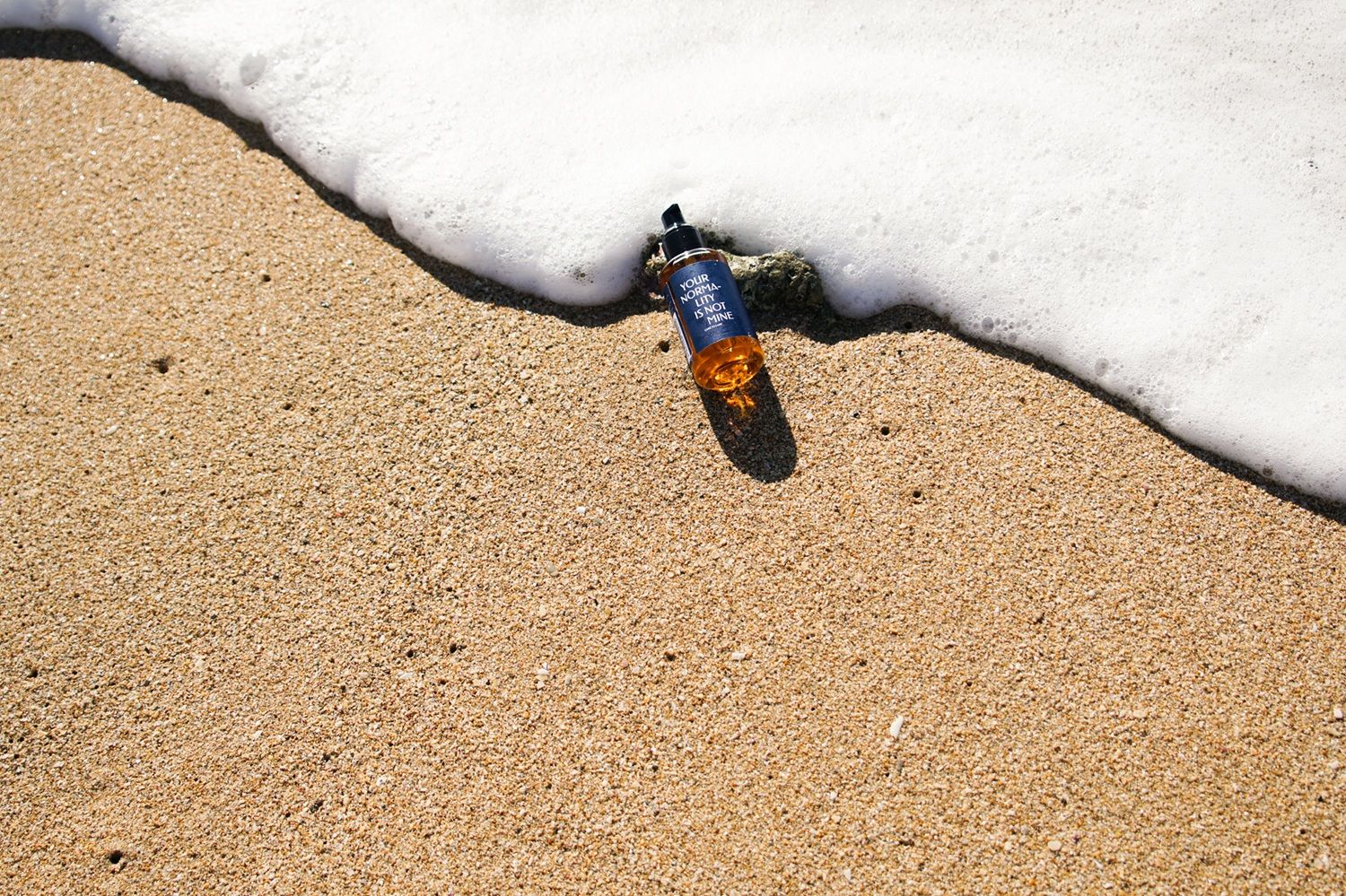Here’s the translation to American English:
—
Sun protection is once again at the forefront of the conversation in the field of skin health. Despite the European Commission establishing guidelines in 2006 to inform consumers about the effectiveness of sun products, ongoing scientific advancements and new social demands call for a review of this regulatory framework. In this context, the question arises whether numerical protection factors are truly the best way to inform consumers, and what role sun protection plays in vulnerable situations.
These issues were discussed during the 17th edition of the Sun Protection Conference, recently held in London under the theme “Time for Change – Assuring the Future of Sun Protection.” At this event, Mafalda Soto, CEO and co-founder of UMOA and the NGO Beyond Suncare, highlighted her organization’s work in Africa, where access to sun products is guaranteed for people with albinism, a particularly vulnerable group. Soto advocated that skin care should be considered a right, not a privilege, emphasizing that responsibility regarding sun protection is collective.
With the arrival of summer, concerns about sun exposure without proper protection intensify, along with the related adverse effects, which include photoaging, skin dehydration, and the appearance of spots. UMOA, known for its focus on natural and vegan cosmetics, notes that sun protection should be considered an essential health measure.
Among the myths that need to be dispelled, UMOA clarifies that there is no such thing as a “safe tan.” They reiterate that skin does not become more resistant after repeated exposures; rather, damage accumulates over time. Additionally, they emphasize the need to apply sunscreen even in urban environments and the importance of reapplying it every two hours. It is advised to avoid sun exposure during peak intensity hours.
Protection should not only focus on sun exposure; post-care also plays a crucial role. Products like “The Bright Oil 14” from UMOA are designed to soothe and nourish the skin after sun exposure. Soto emphasizes that responsible sun exposure is both an act of self-care and an investment in health, highlighting the urgency to increase awareness of the risks associated with sun exposure.
Thus, UMOA seeks not only to provide effective solutions but also aims to foster a cultural shift toward a more conscious and inclusive understanding of sun exposure.
Source: MiMub in Spanish










